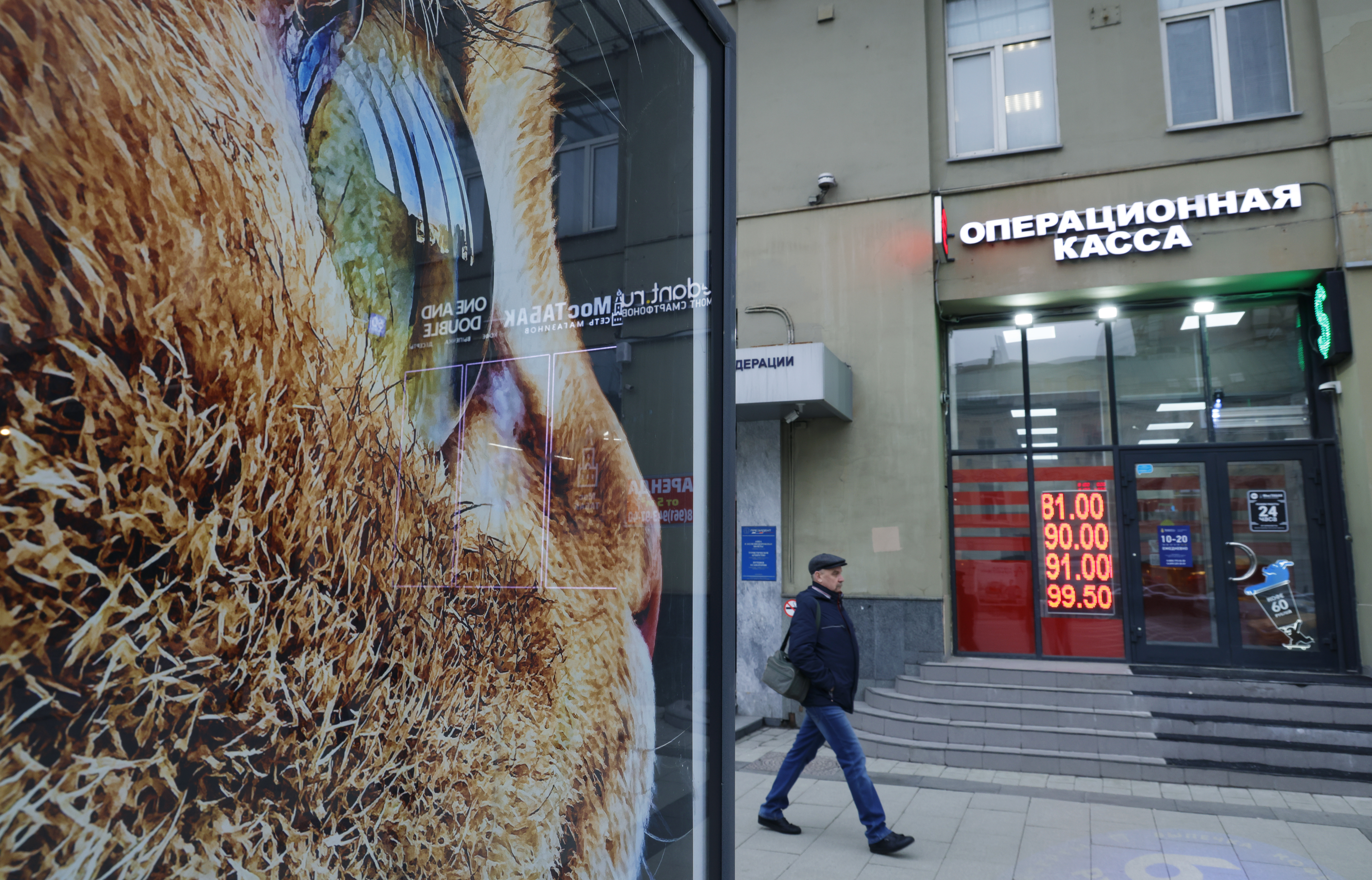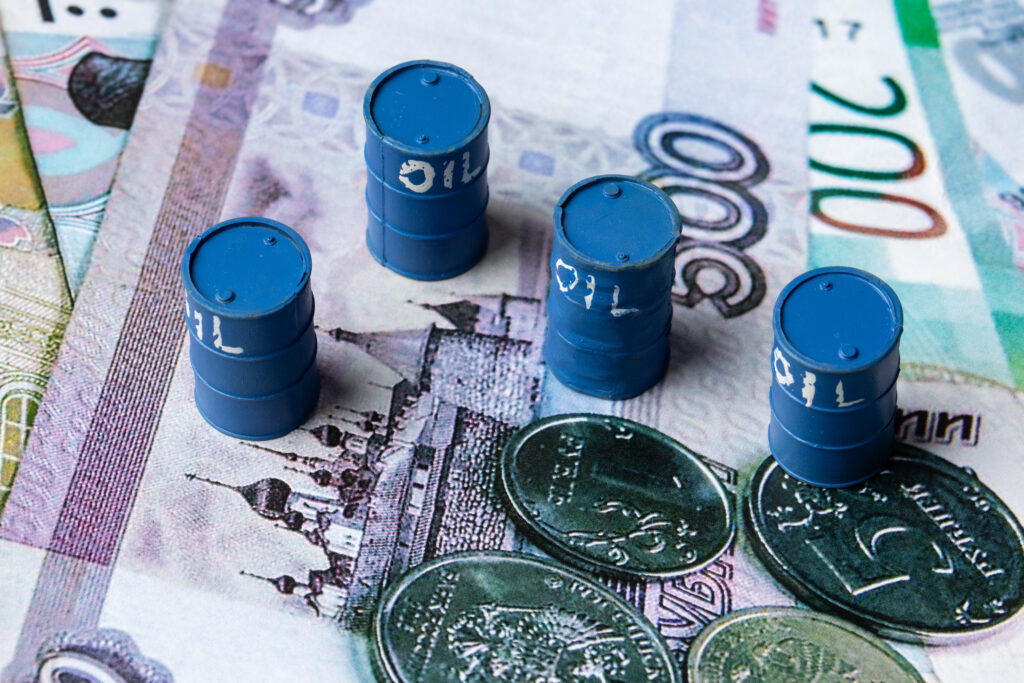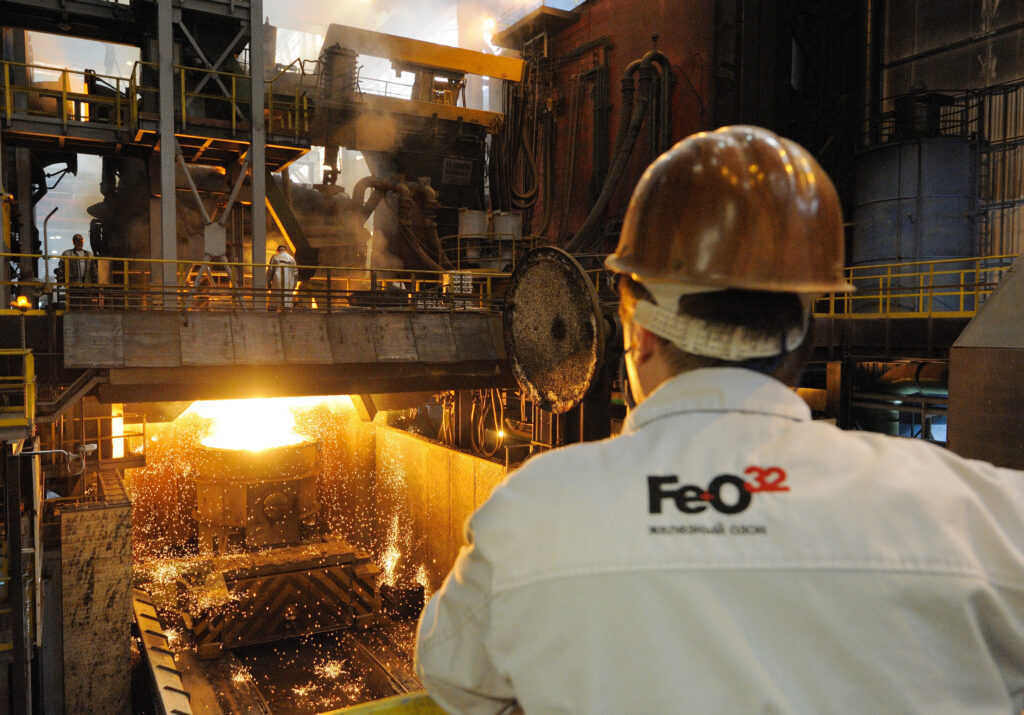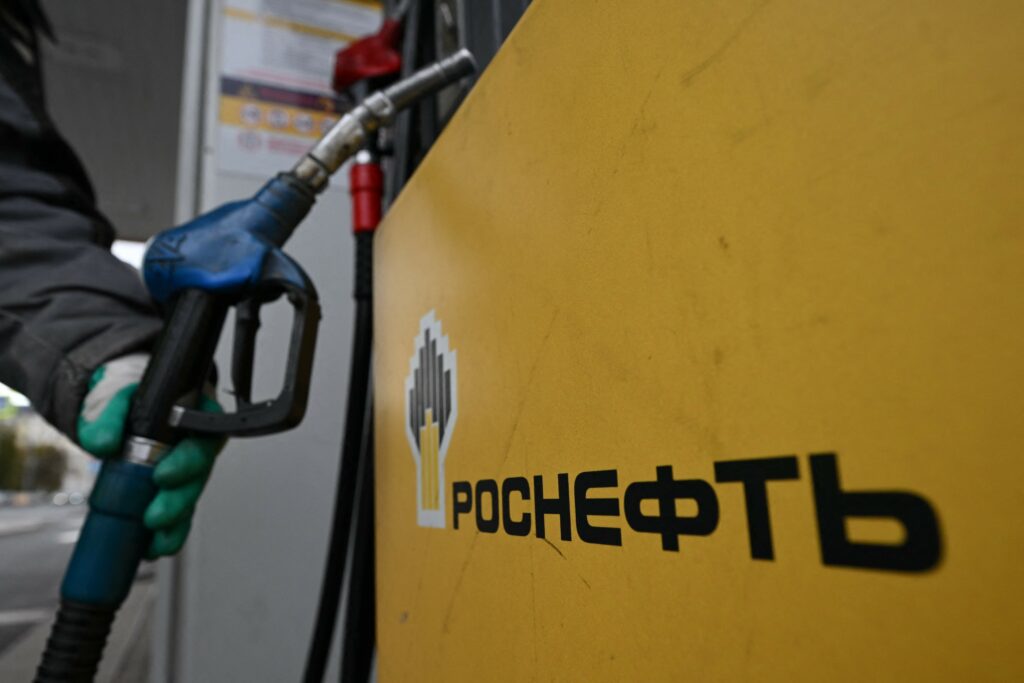The ongoing war in Ukraine is already having a far greater impact on the Russian economy than anticipated. The war that was announced as a ‘denazification operation’ has turned into a war of annihilation and elicited a corresponding reaction from the world community; Russia has become a global pariah in barely three weeks: it has been cut off from the airspace above developed countries, the Central Bank’s reserves have been frozen, and major financial institutions have been cut off from international payment systems. In retaliation, Moscow has added fuel to the fire by restricting capital exports, denying foreign investors access to domestic debt transactions and prohibiting private individuals buying cash in dollars. Events are unfolding rapidly and leave little space for optimism. Even against this backdrop, the announcement by the investment bank Morgan Stanley that Russia was extremely likely to default on its foreign debts as early as mid-April came quite as a surprise — even though a day earlier the leading international credit rating agencies had slashed Russia’s creditworthiness by three to six notches: first, Moody‘s downgraded Russia’s rating from Baa3 to B3; and Fitch Ratings, from BBB to B; and the next day S&P Global Ratings lowered Russia’s foreign currency sovereign credit rating from BB+ to CCC- and the country’s local currency credit rating from BBB- to CCC-.
What is this about, and are the concerns justified? Russia’s foreign debt, as the Kremlin has constantly reminded us, is negligible: as of the infamous date of 18 February, it totalled $ 59.4bn and was divided into two parts: foreign currency debt issued in the form of Eurobonds with a face value of $ 18.1bn and sovereign bonds worth 2.95 trillion roubles owned by non-residents. The total amount equalled 3.35% of Russia’s GDP in 2021, or 9.2% of the Central Bank’s ‘pre-war’ foreign currency and gold reserves. Since the Central Bank’s assets were seized in foreign jurisdictions, its reserves have been cut in half — at least. Still, at least $ 100 billion is invested in Chinese securities denominated in yuan, and there is more than 2,300 tonnes in monetary gold (equivalent to $ 145.4 billion at the current exchange rate). In addition, the dollars, euros and pounds deposited in cash in the vaults of the Central Bank of Russia are estimated at $ 30-$ 32 billion. This amount alone is 50−60 per cent greater than the total nominal value of Russian Eurobonds. It is noteworthy that we are not talking about full repayment of Russia’s debts at this point: by mid-April, as Morgan Stanley says, Russia should make two interest payments: $ 107m on 16 March and $ 359m on 31 March, as well as repay a $ 2bn Eurobond issue with a coupon yield of about $ 100m on 4 April. These claims can, in my view, be paid in a variety of ways: the Ministry of Finance (MoF) is not under sanctions and is capable of making payments; even if most of the National Wealth Fund is now blocked as part of the Central Bank’s reserves, the MoF can appoint a commercial bank which is not under sanctions to be a settlement agent. Another option would be for the MoF to purchase monetary gold from the Central Bank of Russia on Russian territory and physically transfer it to the Eurobond underwriting bank (a small discount on the market price would probably be more than welcome). Russia can definitely afford to pay $ 2.5bn. The main question now is not whether the government will be able to pay back its creditors, but whether it will be willing to do so.
On the one hand, the authorities have already allowed a technical default on domestic debt, and they have openly discriminated against non-residents by banning their bids for OFZs (rouble-denominated bonds) and halting coupon payments. In addition, the authorities have banned payments to foreign creditors in dollars, suggesting that debts should only be paid in roubles. However, the ban looks rather theoretical, as exceptions to the rule can be made. Will a de facto default on the local currency debt extend to foreign currency liabilities? In 1998, for example, Russia refused to repay T-bills but continued to service Eurobonds even though the value of some securities fell to 8% of their face value. So far, markets are showing that they believe in an imminent default, as prices on some Eurobond issues have fallen to 30% of their face value, and yields are sky-rocketing (for example, the mentioned sovereign bond XS0767472458, maturing on 4 April, had a yield of… 1,019% per annum as of 11 March; the issue XS0971721450, maturing in September 2023, reached a yield of 107% p.a., and the issue XS0088543193, maturing in June 2028, 46.7% p.a.), while insurance against a Russian default largely exceeds the rates not only for Mozambique or Sri Lanka but even for Ukraine, which is fending off Russian troops. All of which makes many investors agree with Morgan Stanley’s analysts.
On the other hand, the authorities cannot but understand that such a move would cause enormous damage to Russia’s financial reputation (although it seems it can’t get any worse than this, it turns out it can). A default on coupons automatically triggers the option of early claims on the principal, i.e. a failure to pay $ 470m turns into a demand for payment of about $ 5.5bn. Besides, Putin has repeatedly said in recent days that Russia is ready to cooperate with investors who continue to do business in the country, and no claims can be made against Eurobond holders. In my view, there are more reasons to be optimistic because some Russian companies have not given up on their obligations: last week, Gazprom, through its financial arm Gaz Capital, repaid $ 1.3bn in Eurobonds in foreign currency, and Rosneft repaid $ 2bn. It should be noted, however, that these payments were made through SPVs established for this purpose outside of Russia and formally may not exclude the threat of default on sovereign Eurobonds. However, there are other reasons to think otherwise: for example, it was just announced that Norilsk Nickel was granted permission by the MoF to continue servicing current payments on its foreign currency liabilities. On the whole, a corporation’s credit rating cannot be higher than the national rating of the country in which it is incorporated. Thus, it would look completely irrational for the MoF to allow a commercial company to service its Eurobonds when it is not prepared to pay its own. The hopes of making the payments do not seem unreasonable.
It is obvious today that the Russian economy is in dire straits. At the end of March, we will see plummeting export figures (oil supplies abroad have fallen by more than 30%, from 7.5mn to 4.5mn bpd, and shipments of other export commodities are severely hampered by disrupted supply chains). The market valuation of the largest Russian companies remains unclear, as the stock exchange has not yet resumed trading. The foreign exchange market is now operating in ‘manual’ mode. Imports have been curtailed, as at least 340 companies have ceased operating or are ceasing operations in Russia, and a full-blown banking crisis is ahead of us, caused by the shrinking creditworthiness of debtors and a hike in the cost of liabilities. Still, I don’t see any rational reason to give up on timely payments on foreign debt. Such a decision would cause greater pressure not only on the Russian Federation but also on corporate borrowers. This will result in defaults on their liabilities, seizures of their property and a host of other negative consequences. No arguments in favour of curbing capital outflows can outweigh the threats to Russian exports in case of a default on national debts and corporate foreign debts. Therefore, I believe that we are going to see a repeat of the 1998 scenario with some variations, with a selective default on domestic debt and continued payments on foreign debt, even if this seems unrealistic at the moment.
Moreover, I would say that foreign debt servicing is almost the only area today where catastrophic changes on the frontier of the Russian economy can be used to the benefit of both the MoF and domestic investors. The average yield on foreign currency bonds maturing within two to six years in Russia is now about 40% per annum, while the highest-yielding 3−9-month deposits in foreign currency in Russian banks yield no more than 8% per annum. Given that, the most profitable solution would be for the largest Russian banks to buy out most of the foreign currency debt directly or through authorised credit institutions not hit by sanctions and sell it to Russian investors (one form of this could be to replace individuals’ foreign currency deposits with such securities). While Russian Eurobonds are issued in $ 200K denominations, nothing prevents banks from issuing derivatives of $ 500 or $ 1,000 and offering them to citizens as part of a currency deposit swap to bond yield. I have no doubt that most citizens (and the population held almost $ 80bn in foreign currency deposits at the end of 2021) would agree to such a conversion and would even compete for it.
To sum up, I would wager that my esteemed colleagues at Morgan Stanley are wrong, and Russia will not default on its foreign currency debt on 15 April or in the foreseeable future.










